Lowitja O’Donoghue a reformer who carried torch for all
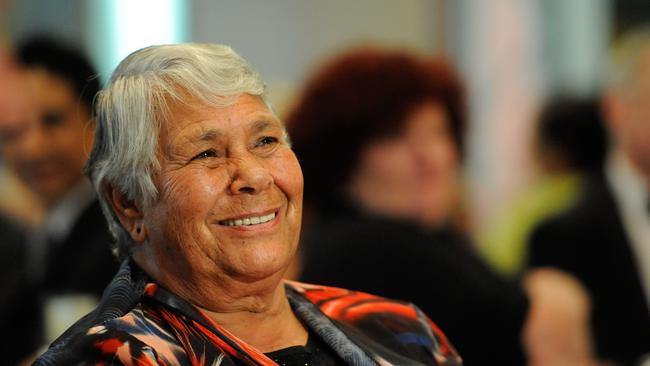
Lowitja O’Donoghue died on Sunday with her immediate family by her side. Her niece Deborah Edwards informed those of us who were fortunate to know her and to have worked with her, and she reassured us that her passing was peaceful and beautiful. It could not have been otherwise.
Her life was exemplary. She was compassionate and kind to all. Her great accomplishments were driven by desire to improve the lives of others. Her accomplishments are too many to list and her work to create opportunities for Indigenous people extraordinary. She not only witnessed but played a leading role in great reforms that changed the lives of Aborigines and Torres Strait Islanders from impoverished victims of draconian government policies to a kind of technical if not practical equality.
All this, despite her tragic childhood. She was the daughter of a Yankunytjatjara woman, Lily, born in 1932 at De Rose Hill, in remote northwest South Australia, and at the age of two was handed over to missionaries by her Irish Australian father. She was a ward in Colebrook Home, a United Aborigines Mission institution. Her longing to find her mother, and her belief in her worth and intelligence were no doubt strong factors in her determination to become a nurse. In 1954, she became the first Aborigine to train as a nurse at the Royal Adelaide Hospital, eventually progressing to the position of charge sister.
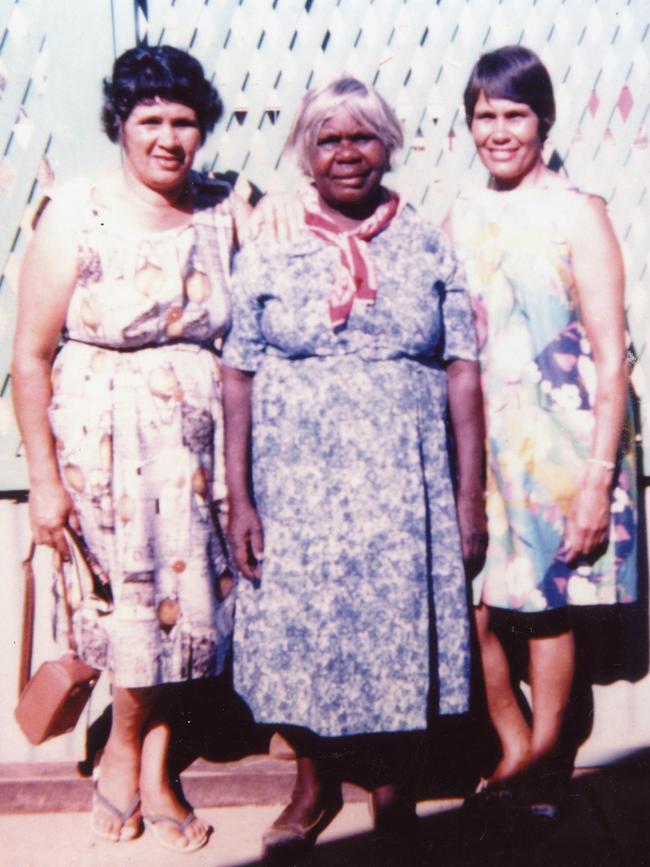
She recounted to her biographer, Stuart Rintoul, her experiences of racism, none of which deterred her. Our present leaders should read her biography, Lowitja – the authorised biography of Lowitja O’Donoghue (Allen & Unwin, 2020), and if they did, they would realise the high standards of political life she maintained and for which she became a role model. She campaigned for the 1967 referendum on including Indigenous people in the census and to enable the commonwealth to make laws for us.
She joined the federal Office of Aboriginal Affairs and, working in the South Australian office, was soon promoted to regional director. In 1977, she was elected founding chairperson of the National Aboriginal Conference, the first of many representative bodies that came and went on political whims. Eventually, after an illustrious career shaping critical policies to life Indigenous people out of poverty and marginalisation, in 1990, she was appointed as the first chairperson of the Aboriginal and Torres Strait Islander Commission, the statutory authority created by the late Gerry Hand as minister for Indigenous affairs in Bob Hawke’s government.
At the time, many considered it a radical, unworkable measure, but until she stepped down as chair in 1996, its achievements were groundbreaking and overwhelmingly beneficial. Under her leadership, mature and fruitful policy responses were the order of the day, such as when the shocking revelations of the Royal Commission into Aboriginal Deaths in Custody required an Indigenous voice.
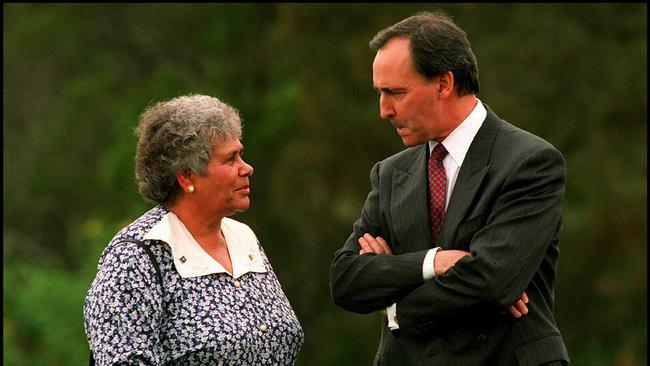
There would be no Native Title Act without her leadership and wisdom. She was the lead negotiator with Paul Keating’s government and led all involved to a resolution of revolutionary legal issues that has stood the test of time over three decades.
She was the first Aboriginal Australian to stand at the UN General Assembly podium, addressing Indigenous leaders during the launch of the UN’s International Year of Indigenous people in 1992. After her term as chair of ATSIC, she became the inaugural chair of the Co-operative Research Centre for Aboriginal and Tropical Health and subsequent iterations, including the Lowitja Institute, and the Lowitja O’Donoghue Foundation, named in her honour
She was a republican and was an official delegate at the 1998 constitutional convention, one of three Indigenous representatives. Nevertheless, true to her sense of duty, she was also the leader of our delegation to meet the late Queen Elizabeth II in 1999.
The referendum on the question of an Australian republic was fast approaching without any regard for the constitutional status of Aboriginal and Torres Strait Islander people. Despite King George III’s instructions to Lieutenant Arthur Phillip, which included protecting the lives and livelihoods of “the natives” and establishing “friendly relations”, there was no treaty or settlement.
As one of the members of the delegation, I was thrilled to see O’Donoghue’s reception by the Queen at Buckingham Palace. Two queens greeted each other with grace, dignity and genuine warmth.
Her greatness was recognised by many awards. She was the first Aboriginal woman to be awarded Membership of the Order of Australia in 1977. She was invested as a Commander of the Order of the British Empire in 1983. In 1988 she was named Australian National Living Treasure and in 2006, despite not being Catholic, she received a Papal honour from Pope John Paul II and investiture as a Dame of the Order of St Gregory the Great in 2006. In 2009 she received the NAIDOC Lifetime Achievement Award, and in 1999 was made a Companion of the Order of Australia. She received many honorary doctorates from universities around Australia, the most recent from the University of Adelaide in 2021. She retired from public life in 2008.
Her wisdom and true leadership will be greatly missed by all who worked with her. She will be greatly missed.

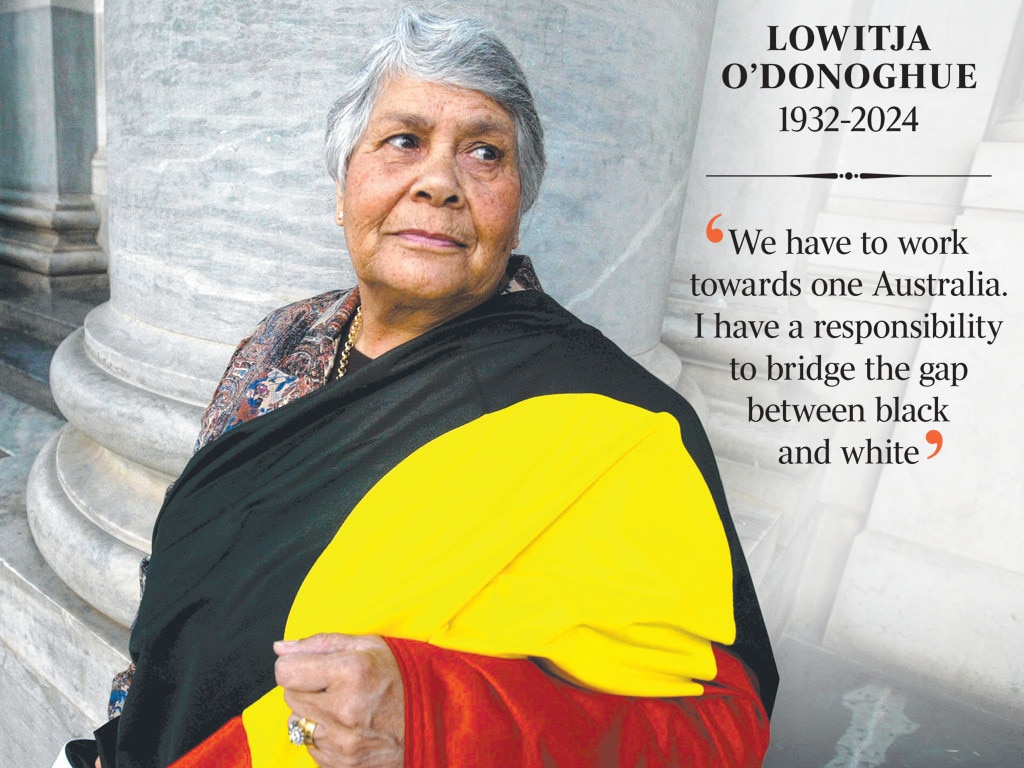

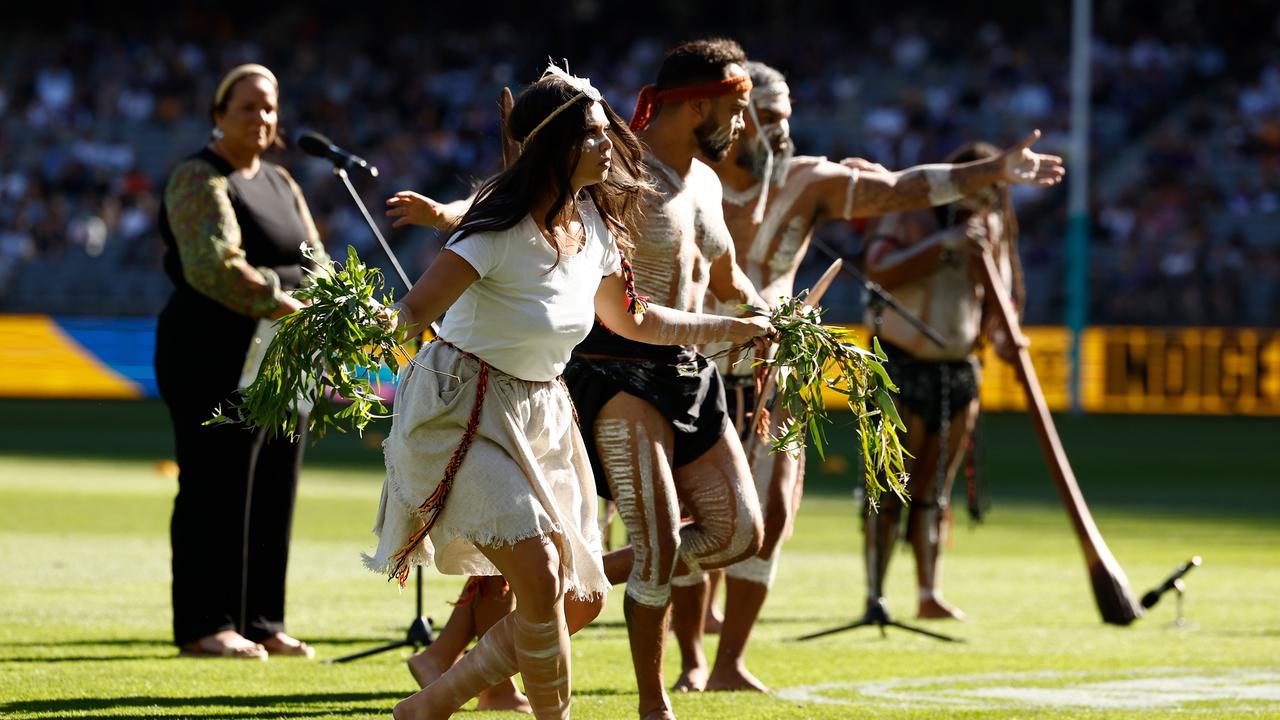
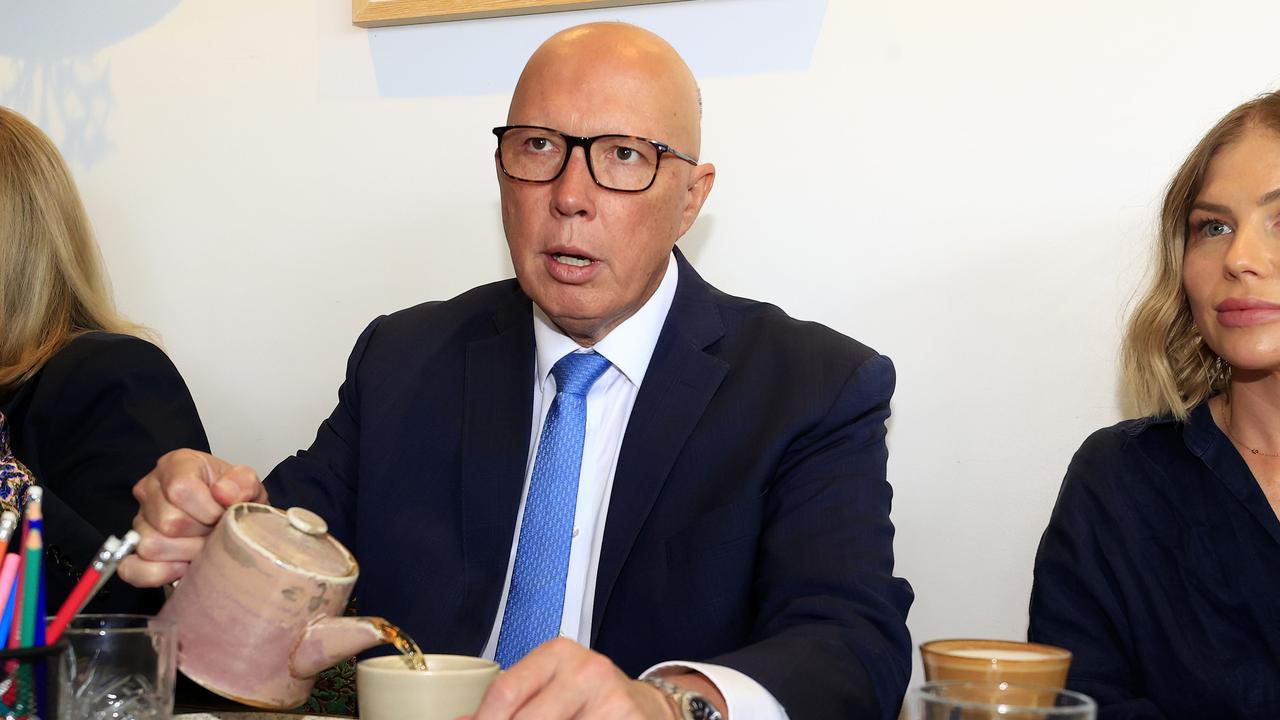
We have lost a great leader, a person of such integrity and compassion, discipline and forthrightness, and a determination that was unmatched by any of her peers. She worked tirelessly until her health failed and she could no longer carry on her life’s mission.